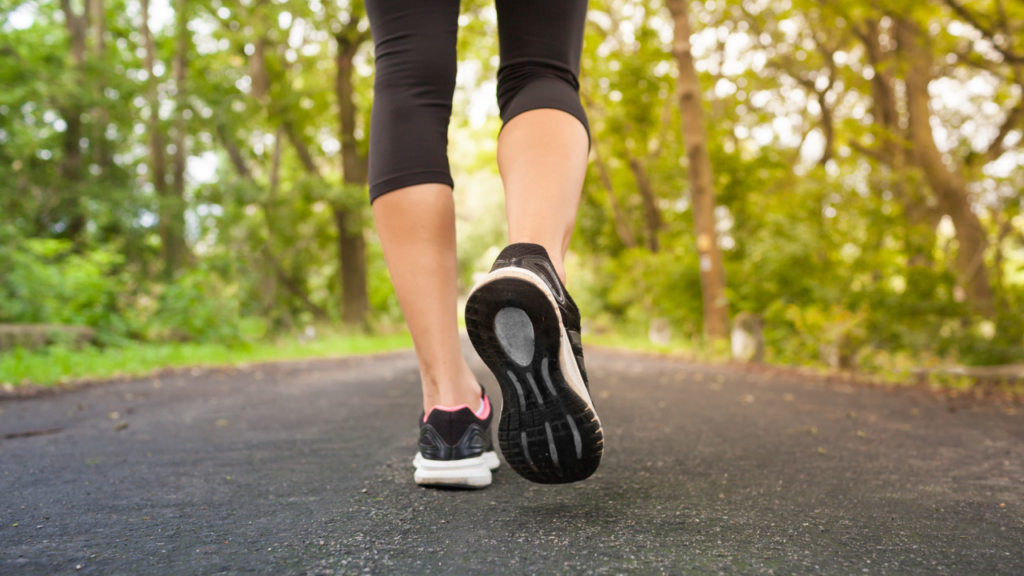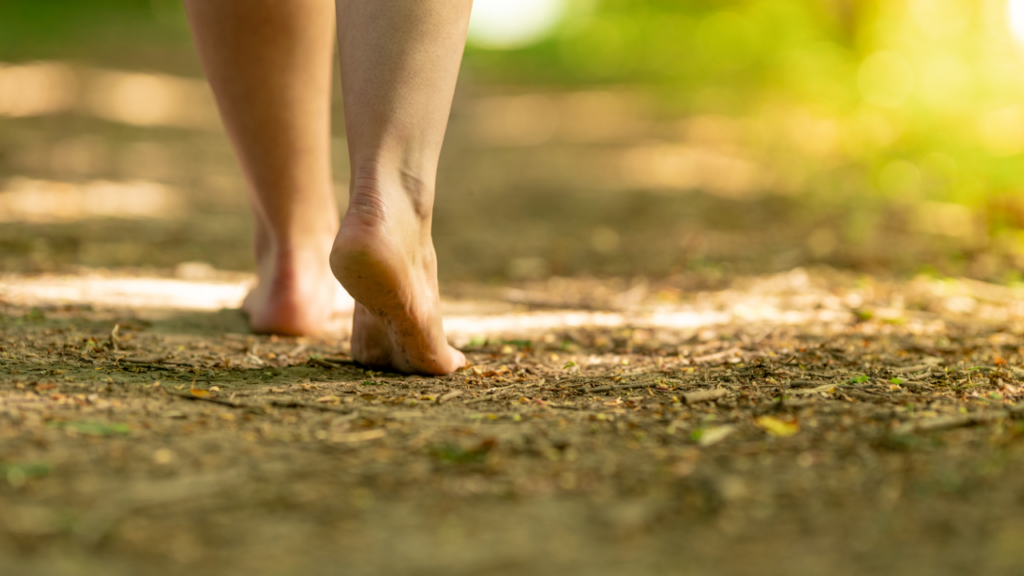Last Updated on May 11, 2023 by Kayla
A healthy outside starts from the inside – or is it the other way around?
Studies show that spending time outdoors has many benefits. From keeping glucose levels in check to improving mental health, getting outside has several physical and psychological advantages.
Considering the average American spends 90% of their day indoors, this is a message we need to make loud and clear!
In this blog post, we’ll explore various ways nature improves your metabolic well-being, including simple tips to get outdoors every day.
Learn whether a healthy outside starts from the inside – or outside – and start reaping benefits like better mental clarity and improved metabolic health today!
Health benefits of spending time outdoors
Spending time outdoors impacts your health in several ways. For example, it’s scientifically proven that exposure to nature helps:
- reduce stress
- boost immunity
- improve heart health
- increase energy levels
- enhance mood
Immersing yourself in green space leads to better cognitive function and a greater sense of well-being. Additionally, spending time in nature helps regulate sleep-wake cycles and reduces the risk of chronic diseases such as hypertension, diabetes, and obesity.
But wait, there’s more! Time outside not only aids physical health, but also helps facilitate better mental health.
Psychological benefits of nature
In the midst of a busy, stressful life, it’s important to remember the value of the great outdoors.
The psychological benefits of nature have been studied and documented extensively, and the results are clear: spending time in nature is incredibly beneficial for our mental health.
Whether it’s a long hike in the woods, a relaxing day at the beach, or just a few minutes of fresh air, being in nature reduces feelings of anxiety and depression, lowers stress levels, and even improves cognitive function.
Plus, surrounding yourself with Mother Nature inspires creativity and positive thinking. So next time you’re feeling overwhelmed, consider taking a break and getting some fresh air. Your mind will thank you!

Exercise *outside* to lower stress & glucose levels
Exercise and spending time outside are two powerful tools to reduce glucose levels and combat stress-related weight gain.
First, physical activity helps regulate blood sugar levels by increasing insulin sensitivity and glucose disposal. Pair this with the psychological benefits of the great outdoors, which reduces stress and cortisol levels, and you have a one-two punch to curb glucose spikes.
So next time you feel overwhelmed or notice high glucose levels, go for a 10 to 20-minute walk, and your body and mind will thank you.
How to get outside more
Getting outside can sometimes seem daunting, but it’s important for your physical and mental well-being.
You can make getting outside a social activity and find a nearby park or trail to explore on weekends with friends and family, or consider joining a sports league or outdoor fitness class.
Other ways to spend more time outside include:
- Taking daily tasks outdoors
- Going for a walk after a meal (my favorite glucose-curbing hack!)
- Starting a garden
- Joining a Zoom call from your patio
- Initiating a ‘walking’ meeting
Any time spent outdoors is beneficial. Even a few minutes of fresh air and sunshine can positively impact your mood and overall health. Like any habit, start small and work your way up.
In summary, time spent outdoors is time well spent. Time in nature is incredibly beneficial for overall well-being and correcting blood sugar imbalance.
Getting outside is an essential part of staying healthy and balanced – both mentally and physically. As the saying goes: A healthy outside starts from the inside – or in this case, outdoors!

Words from the Wise
Nature is not a place to visit, it is home.
Gary Snyder
Instead of thinking of time outdoors as a luxury, imagine it’s a necessity.
Practices like ‘grounding’ or ‘earthing’ are becoming increasingly popular and some research points to the anti-inflammatory benefits of this ritual such as syncing up with the Earth’s electrical circuit.
Grounding or earthing refers to the direct contact of your skin with the Earth’s surface. For example, go barefoot in the grass, put your hands on the surface of water, or play in the dirt (i.e. gardening).
While grounding might seem a little ‘out there,’ there is no risk or downside – unlike many Western medicine remedies. Plus, grounding is free, so what can it hurt?
Yours truly,
Helping women after bariatric surgery lose weight without eating “perfect.” Learn how to balance blood sugar & optimize your “tool” today! Apply to learn more!
This post may contain affiliate links. When you make a purchase through any of the links, there is no additional cost to you, and I may earn a small (and very appreciated) commission. Thank you for your support!


